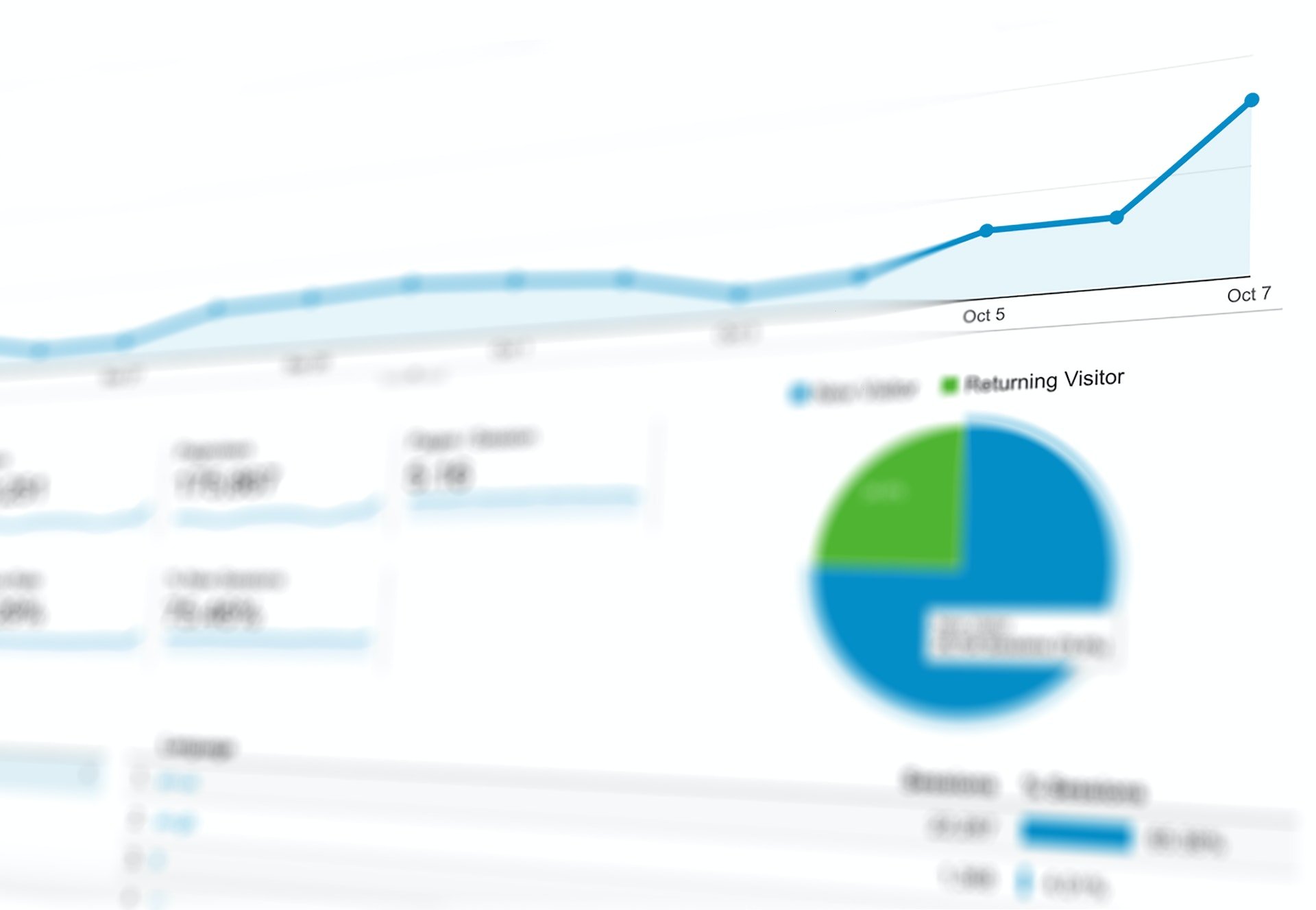We’ve long preached the idea of marketer + machine, and as marketing departments become increasingly accountable for business outcomes, marketers need support. How can AI support marketing, increase performance and ROI, and how can we integrate AI into daily business activities?
Atalia Horenshtien, Customer Facing Data Scientist and Evangelist at DataRobot, works with customers in different industries and plays a vital role in advising clients across the customer lifecycle. She enables customers to solve complex data-science problems and adopt AI/ML across the organization using the DataRobot platform.
Because of her rich experience, Horenshtien was invited to MAICON 2022 to speak on her learnings and explain how AI and predictive analytics can help drive marketing strategy.
Watch Atalia Horenshtien’s MAICON 2022 Keynote
Watch this full session plus all MAICON main stage keynotes, sessions, and panels with the MAICON 2022 On-Demand Bundle.
Atalia kicked off her presentation by talking about her self-titled “3 S’s” of marketing and personalization:
- Sympathy
- Simplicity
- Strategy
Sympathy
Nike’s Just Do It campaign launched with this touching (and humorous!) TV spot featuring Walt Stack. You felt a connection to Stack, and Nike, because of this spot and others in the series.
Simplicity
With Apple’s Get A Mac campaign in 2006, two men, one portraying a PC and one a Mac, very simply show the differences between the two products. This series was so successful, in large part because of its simplicity in explaining the UVP of the Mac. (There are 11 minutes of Apple spots here if you’re interested!)
Strategy
The strategy behind distribution is as important as the message and creative itself. In this instance, Pepsi took a strategic and well-developed idea and launched this spot at the Super Bowl.
All of these marketing ideas are great…but if they aren’t targeted, measurable, or predicting outcomes, then they’re spending valuable marketing and ad dollars.
Use cases where AI can help:
- What is the content I need to use in my social media?
- How can I classify my customers based on segmentation or churn?
- Which marketing campaigns are most likely to succeed?
- What will make a customer move from trial to subscribe/purchase?
- Who are our fans/customers?
- How can we segment customers smarter?
- How can we reduce churn?
- What is the best/next action or promotion we can deliver to our customers?
Before this happens, you need to identify which tools to use, who to work with within your organization, what problem do we want to solve?
Use these use cases and consider the outcomes you’re looking for…and then find marketing AI that can best assist you.
Become a next-gen marketer by checking out the resources at the Marketing AI Institute. Read our blog posts, take our Intro to AI for Marketers class, attend webinars, join our community, download reports, guides, and templates (all free), read Marketing Artificial Intelligence, look into AI Academy for Marketers and Piloting AI Bundle, and our annual MAICON—Marketing AI Conference.
Get access to all MAICON main stage keynotes, sessions, and panels with the MAICON 2022 On-Demand Bundle.



